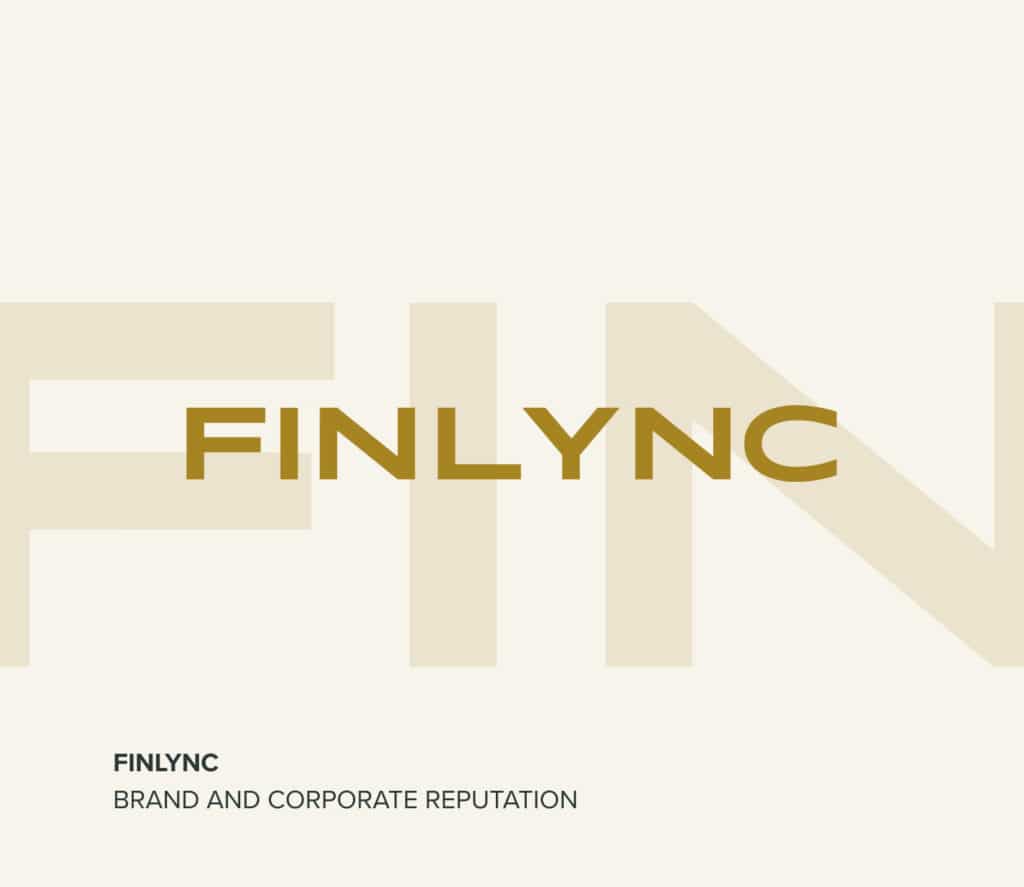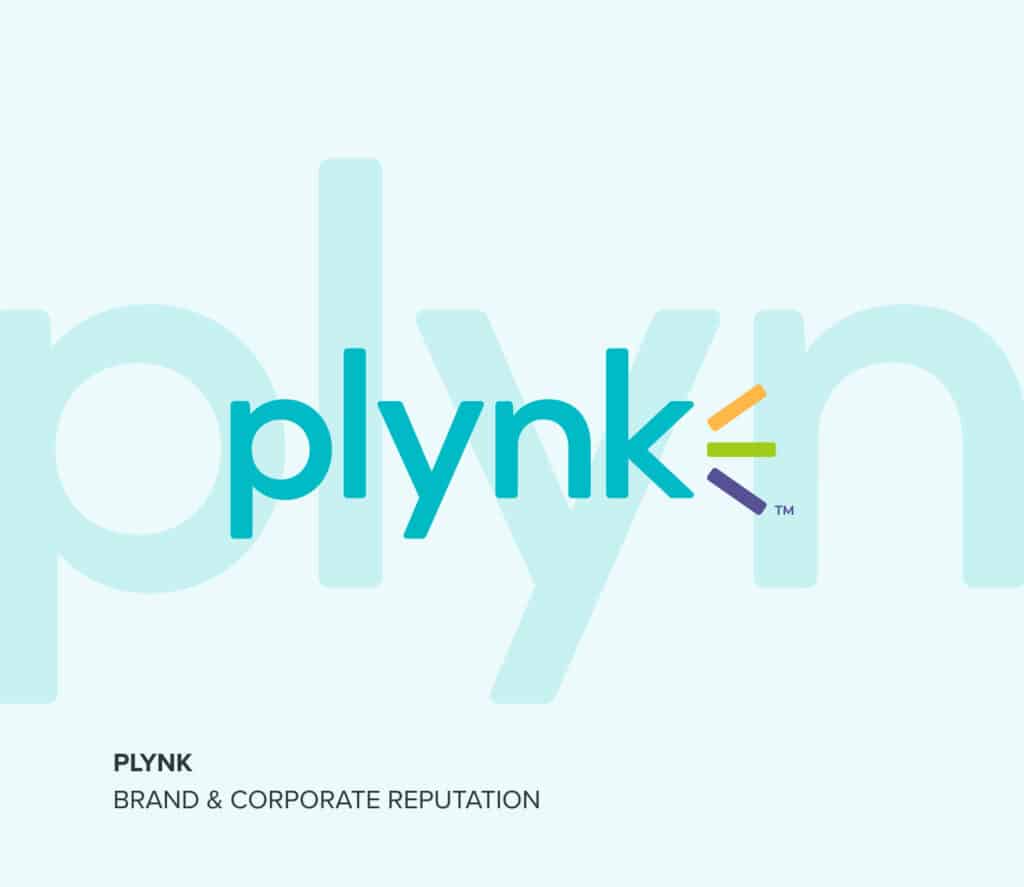The Federal Reserve weighs in on a second stimulus as Wall Street returns to the trading floor
Mergers and Consolidations: A Swiss finance blog is speculating that a possible merger between UBS and Credit Suisse could happen as early as next year, reports Bloomberg. The project, nicknamed Signal, is headed by UBS Chairman Axel Weber and Credit Suisse Chairman Urs Rohner, and would result in the creation of one of Europe’s largest banks. News of the possible Swiss banks’ merger comes on the heels of Spain’s CaixaBank SA and Bankia SA announcement earlier this month that they are also exploring options to form the largest lender in the country.
Europe’s financial industry faces pressure to consolidate as the coronavirus pandemic continues to negatively impact interest rates. However, experts warn that the Swiss deal is unlikely to come to fruition due to concerns regarding regulation and oversight.
Fed encouraged spending: Chairman Jerome Powell is among several high ranking Federal Reserve employees who have made comments expressing support for Congress to pass a second round of stimulus incentives in order to compensate for the lost income and revenue that has resulted from unemployment during the coronavirus pandemic. The Federal Reserve traditionally stays out of political affairs and avoids making specific recommendations regarding taxes and other hot-button spending issues in order to maintain autonomy over monetary policy. However, according to the Wall Street Journal, officials are uneasy that the economic rebound witnessed during the summer months will be short lived as unemployment rates continue to rise as more vulnerable businesses shut down.
Paperless spending: Contrary to the old adage, cash may no longer be king. New York City will join the likes of San Francisco and Philadelphia come November as a new mandate will require most businesses to accept cash as payment tender. Concern centered on the decline of cash surfaced before the coronavirus as an increase in online shopping and availability of mobile POS posed attractive options for consumers and shop owners alike. Then the virus outbreak caused an almost overnight shift in the majority of consumer spending habits to card and contactless payments.
However, speculation that digital payment preferences may endure after the pandemic may have a downside for a large portion of Americans, reports the New York Times. “Businesses that refuse cash put at a disadvantage people who lack traditional bank accounts or can’t qualify for credit cards…about one-fourth of American adults were unbanked or underbanked in 2019.”
Open for business: JPMorgan Chase, which just witnessed a record quarter, has alerted trading-floor staff that they will be required to return to the office by September 21st. By reopening the trading floor, the bank is sending a bold message that it is now safe to return to work. Before officially sending employees home mid-March, a coronavirus outbreak in their Madison Avenue office sickened more than a dozen employees, per the Wall Street Journal. The strong showing in the market has put industry wide trading revenue at an eight-year high for the first half of 2020 despite most traders working remotely, and consequently has some questioning the need to return to their office so soon.


